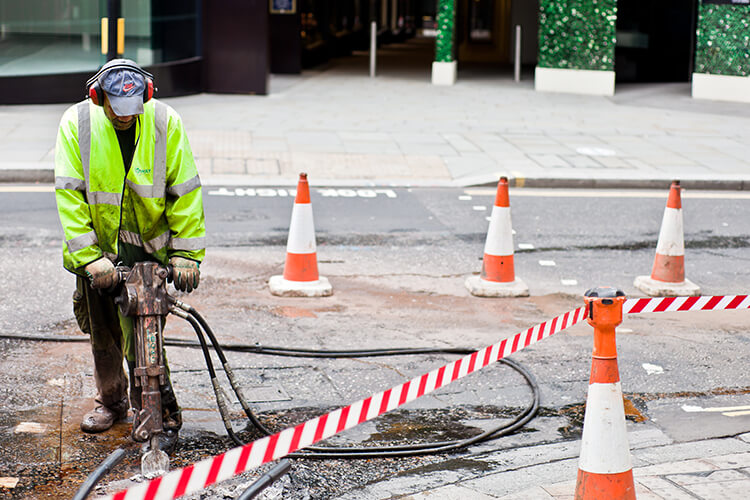As a leading provider of noise related services JTA works with planners, developers, builders, property managers and owners to help you determine exactly what your regulatory requirements are in relation to vibration levels. Once the root-cause of a problem is identified (structural or acoustic resonance, imbalance, misalignment, poor design of isolation etc.), we develop targeted measures tailored to minimise or eliminate risk, ensure legislative requirements are met, reduce downtime, and improve productivity and reliability.

How JTA Can Help
Shock and vibration impact from construction sites, manufacturing facilities and traffic can compromise the condition of buildings, be a hazard for workers well-being and productivity, and affect a residential neighbourhood. In an industrial context, excessive vibrations can also induce stress for the bearings and seals of expensive plant and therefore reduce the life of the equipment, cause fatigue and premature failure, or be an indicator of an upcoming problem.
We measure, monitor and asses vibration levels to ensure you are compliant with regulatory requirements. To obtain a deeper understanding, operational vibration measurements like pressure and noise may also be conducted on machinery and the affected areas, complemented by investigations of natural frequencies during outages.
Read about our new state of the art equipment.
Your Duty In Relation To Vibration Testing
Vibration, and the equipment that causes it, can be considered a hazard and therefore covered by OHS and the model WHS legislation. There are also general Regulations, Compliance Codes and Codes of Practice, which must be adhered to in various States and Territories.
In order to obtain a permit or approval you may require a Vibration Assessment (can also be known as a Noise and Vibration Study, a Noise Impact Statement or an Acoustic Assessment Report) and an Environmental Noise Assessment.
Where We Conduct Vibration Testing
- Power plants
- Refineries
- Mines
- Chemical sites
- Manufacturing sites
- Tunnelling works
- Buildings (industrial, commercial, residential)
- Machinery (fans, compressors, pumps, motors)
- Plants (piping, steel structure, columns, absorbers)
If you’re about to plan and develop a new industrial plant, commercial facility, office building or a high rise residential apartment block, it makes financial sense to assess the potential sources of vibration and noise and address them early on.
Vibration And Noise
Excessive vibrations and noise are often two sides of the same problem, as vibrating surfaces always emit airborne noise. To understand the sound path from source to receiver, different variables have to be taken into account. Structural vibration (structure-borne noise) and airborne noise as well as pulsations in gas and fluid (medium noise) are the most important measurements to get the full image of a noise and vibration problem. SafeWork Australia reports that there is evidence that workers who are exposed to vibration and noise at the same time are more likely to suffer hearing loss than workers exposed to the same level of noise alone.
Call 1 300 856 282
Speak to our friendly team
Get a Quote
Use our online enquiry form for a quick quote
Newsletter Sign up
Get the latest legislation changes and news updates
Read our Case Study on ‘Noise Exposure at the Science and Engineering Faculty at Queensland University of Technology’
Read our article ‘Construction noise – Are you meeting the standards?’
Our Related Services
- Vibration Assessments determine excessive vibration exposure and provide solutions
- Hazardous Materials Audits identify and control hazardous material risks
- Environmental Noise Assessments measure noise from industrial and commercial sites, traffic, entertainment venues and residential dwellings
- Audiometric Testing conducted onsite in our specialised mobile vans
- Building Acoustics predict sound behaviour and assess any potential problems
- OHS Management Systems provide a systematic approach to managing health and safety risks
- Secondment & Outsourcing for practical in-house OHS advice and support when you need it
- Noise Training equips workers with awareness of noise management and hearing protection
How JTA Can Help
Shock and vibration impact from construction sites, manufacturing facilities and traffic can compromise the condition of buildings, be a hazard for workers well-being and productivity, and affect a residential neighbourhood. In an industrial context, excessive vibrations can also induce stress for the bearings and seals of expensive plant and therefore reduce the life of the equipment, cause fatigue and premature failure, or be an indicator of an upcoming problem.
We measure, monitor and asses vibration levels to ensure you are compliant with regulatory requirements. To obtain a deeper understanding, operational vibration measurements like pressure and noise may also be conducted on machinery and the affected areas, complemented by investigations of natural frequencies during outages.
Read about our new state of the art equipment.







